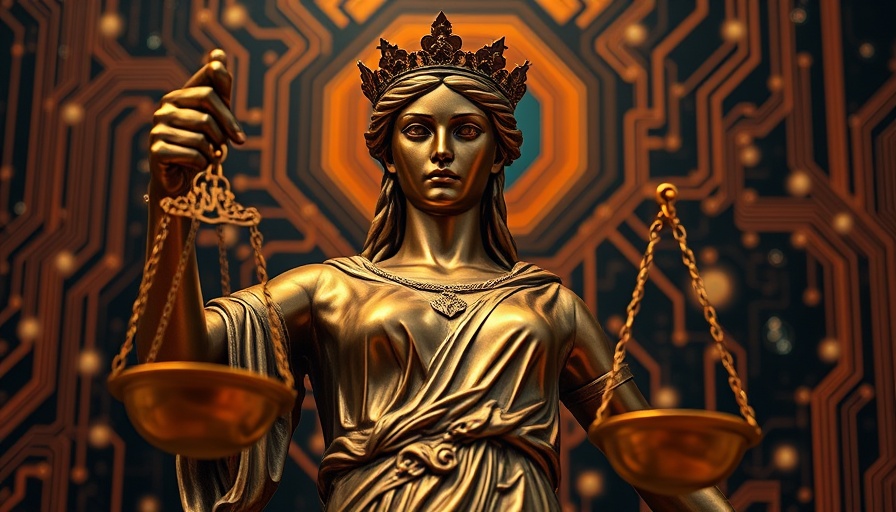
Trump's New Directive: A Shift in Crypto Oversight
In a surprising turn of events, former President Donald Trump has instructed the Justice Department to dismantle its cryptocurrency enforcement unit, an organization designed specifically to investigate cybercrimes involving digital assets. This directive raises questions about the future of regulation in the burgeoning crypto industry, which has rapidly evolved from a niche market to a mainstream financial tool.
Implications for Cryptocurrency Regulation
By disbanding the National Cryptocurrency Enforcement Unit (NCET), Trump is effectively signaling a laissez-faire approach to crypto regulation. This unit was tasked with pursuing cases against money laundering schemes and illicit activities involving cryptocurrencies, including operations conducted by North Korean hackers. Critics argue that shutting down these investigations could lead to an increase in fraudulent activities as bad actors exploit the lack of oversight.
Challenging Precedents: From Opposition to Favor
Historically, Trump has been skeptical about cryptocurrencies, but his stance shifted dramatically as he began receiving financial support from leaders in the crypto community. This contradictory approach raises eyebrows: is he attempting to leverage the crypto boom for personal gain? Trump's recent pardons of figures in the crypto space further the perception that he may prioritize personal interests over public accountability.
Expert Opinions: A Divided Crypto Community
The cryptocurrency industry itself appears divided on this issue. While some advocates are celebrating less regulatory burden, fearing overreach similar to the “regulation by prosecution” tactic criticized in a recent memo from the deputy attorney general, commentators are vocal about the potential downsides. Peter Van Valkenburgh of Coin Center emphasized the need to target wrongdoers while allowing good developers to thrive. However, critics like MSNBC analyst Tim Miller suggest Trump's tactics are risking a crypto scam environment that lacks transparency.
The Way Forward: Will the Crypto Community Fill the Gaps?
As Trump reshapes the regulatory landscape, the crypto community must respond proactively to fill any void. Building industry-led initiatives that promote ethical practices and transparency could serve as a counterbalance to any vacuums created by reduced government oversight.
Conclusion: A Critical Moment for Crypto Accountability
The dismantling of federal oversight mechanisms poses significant risks for accountability in the rapidly evolving world of cryptocurrencies. Crypto enthusiasts and skeptics alike must remain vigilant as the industry forges ahead amidst these changes, balancing innovation with integrity. Only time will reveal how this new chapter will unfold in the realm of digital currencies.
 Add Row
Add Row  Add
Add 
 Add Element
Add Element 

Write A Comment